“A diet rich in protein, phytoestrogens,
fruits, vegetables, whole grains, healthy fats, and
dairy products may help reduce menopause symptoms”.1
Umbrella
What may the Menopause Diet Umbrella include?
Depending on the Source (DotS) this Umbrella may include:
- Diet
- Good Nutrition
- Healthy Diet
- Healthy Eating
- Nutrition
Whole-Food Diet
What type of whole-food diet may reduce menopause symptoms?
In Menopause Diet: How What You Eat Affects Your Symptoms – Key Takeaways the author elaborates on:
Symptom Triggers
Can some foods and beverages trigger menopause symptoms?
In Menopause Diet: How What You Eat Affects Your Symptoms – Key Takeaways the author also notes:
Hot Flushes
Is there an association between hot flushes and substances contained in food?
In Menopause Hot Flashes and Molecular Mechanisms Modulated by Food-Derived Nutrients: 1. Introduction, published 28 February 2024, the authors note:
“Substances contained in food can certainly influence the mechanisms of hot flashes and modulate their symptoms. In the presented review, based on the latest literature, we not only identify further potential molecular mechanisms responsible for the occurrence of hot flashes but also analyze natural food ingredients that may modulate these molecular mechanisms and signaling pathways”.4
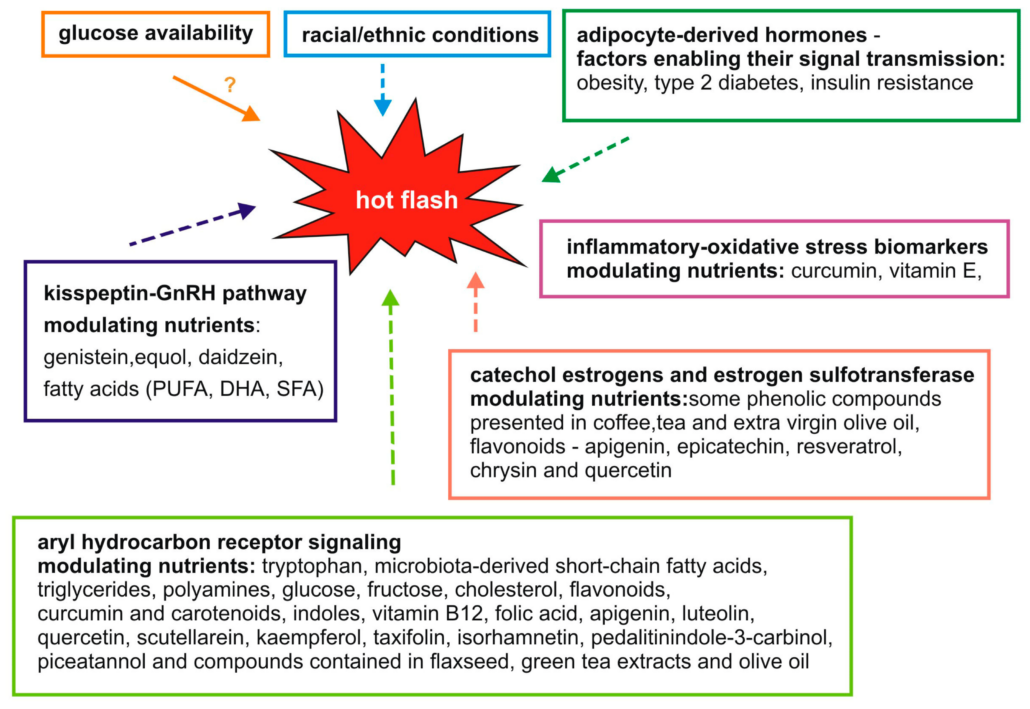
Best Balanced Diet for A Healthy Menopause
 What is the best, balanced diet for a healthy menopause?
What is the best, balanced diet for a healthy menopause?
In New Study Reveals Why Diet Is Vital for A Healthy Menopause, published 24 February 2024, (see also The Importance of Nutrition In Menopause and Perimenopause—A Review published 21 December 2023), the author elaborates on:
In New Study Reveals Why Diet Is Vital for A Healthy Menopause, the author explains:
- – less than 5g of salt a day
- – at least 300g of vegetables and 200g fruit every day (distributed in 5 portions)
- – 1–1.2g of protein/kg of body weight daily, half of which should come from plant sources such as soybeans, seitan, lentils, beans, chickpeas, quinoa or nuts; otherwise, low-fat protein sources (e.g., poultry, low-fat dairy products) are preferred
- – no more than 350–500 g boiled/steamed/fried red meat (e.g., beef and pork) per week
- – at least two servings/week (100–120 g/occasion) of fish with fatty meat
- – intake of processed meat products should be occasional, in small quantities
- – eat legumes (beans, peas, lentils, chickpeas, or soy) at least once a week
- – 30g unsalted nuts/day
- – one meat-free day a week
- – the daily amount of dietary fibre should be 30–45 g, preferably mainly whole grains
- – moderate fat consumption is essential – vegetable fats such as sunflower oil for frying and olive, rapeseed, linseed, soybean oil, etc., are recommended for salad dressings
- – fluid intake (mainly water) is 33mL/kg of body weight daily, evenly spread throughout the day
- – simple, fast-acting sugars such as cakes, sweets or sweetened soft drinks should be avoided
- – adequate intake of calcium, vitamin D, vitamin C, and B vitamins, n-3 LCPUFA and omega-3 fatty acids
- – consuming dairy products equivalent to the calcium content of half a litre of milk daily
- – no smoking, less alcohol
- – regular physical activity is essential”.6
Dietary Phytoestrogens
Is there an association between dietary phytoestrogens and menopause symptoms?
In Hot flushes, Night Sweats, Brain Fog? Here’s What We Know About Phytoestrogens for Menopausal Symptoms: What Does the Evidence Say?, published 05 June 2023, the authors’ elaborate on:
Health Care Provider
What if I would like help with healthy eating?
If you would like help with healthy eating, it may be in your best interest to choose to talk to your health care provider about this. Together you can discuss your options and if required, agree on who may be the most appropriate health care provider to help you.
In Nutrition and Healthy Eating: Basics – Nutrition Basics the (United States) Mayo Clinic elaborate on:
“Want to go beyond the basics? Talk to a healthcare professional, such as a dietitian. You can ask for diet advice that takes into account your health, lifestyle and food preferences”.8
Health Topics A-Z
Where may I find Health Topics related to Menopause Diet?
In Health Topics A-Z you may find:
Links
Where may I find Links related to Menopause Diet?
Your Country may have Links similar to:
Links
This Links List to third party websites is neither comprehensive nor exhaustive. Inclusion on this Links List does not imply endorsement or recommendation. Non-inclusion on this Links List does not imply non-endorsement or non-recommendation. Third party websites are not under the control of Meno Martha International Menopause Directory. Third party websites may contain explicit medical images and/or sexual references. Please read Meno Martha International Menopause Directory’s Links Policy before proceeding to a Link. Please contact Webmaster if you experience a problem with a Link.New or Updated
- Can Hot Flashes Be Managed Through Diet? [25 April 2025]
- Consumer Video and Podcast Series: 2025 Consumer Videos and Podcasts – Nutrition At Menopause and Why It Is Important [12 February 2025]
- Healthy Diet [26 January 2026]
- Hormones, Nutrition and Metabolism In Menopause [15 September 2025]
- How Much Protein Do You Really Need During Menopause? Dietitians Explain [01 December 2025]
- Webinars: Lifestyle Medicine [14 October 2025]
- 5 More Reasons To Eat More Tofu
- 5 Supplements You Shouldn’t Take for Menopause, According to Dietitians
- 5 Tips for Choosing Healthier Foods as You Age
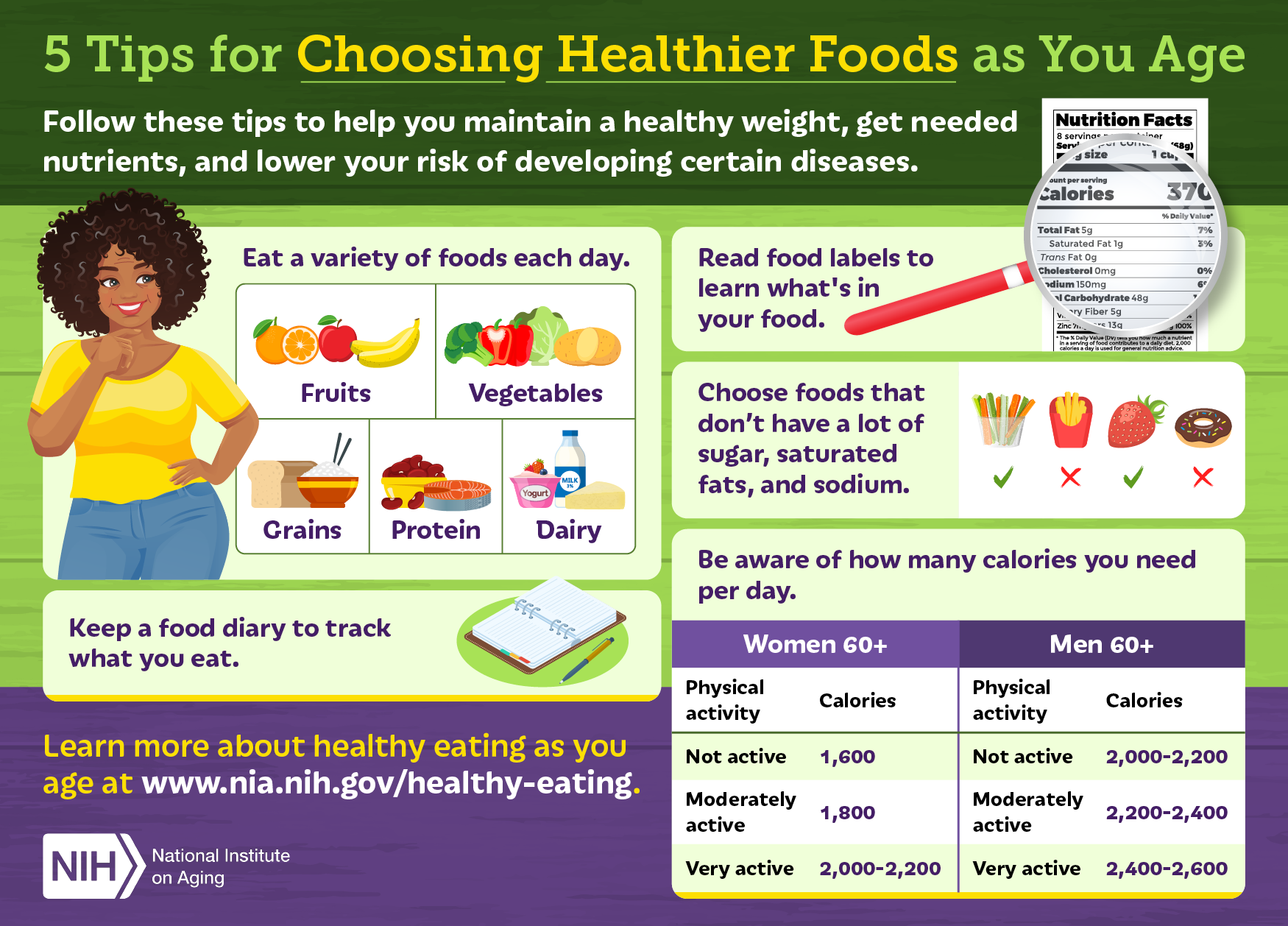
- 5 Ways To Rethink What A ‘Balanced Diet’ Means
- Adherence To A Mediterranean-Style Diet and Severity of Menopausal Symptoms In Perimenopausal and Menopausal Women From Australia: A Cross-Sectional Analysis
- Alcohol
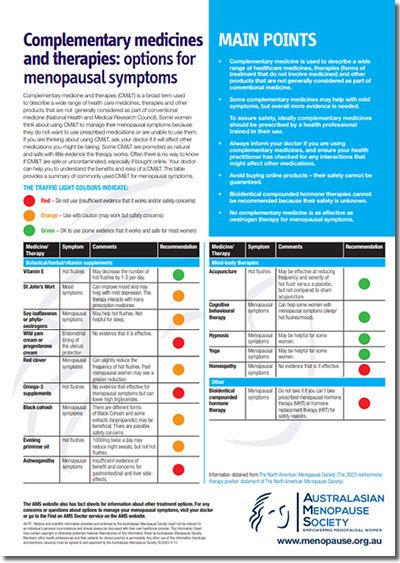 Best Diets 2025
Best Diets 2025- Best Diets for Menopause
- Boost Your Brain Health With A Rainbow Diet
- Boost Your Mood With Mind-Nourishing Food
- Calcium Intake and Absorption: Are You Getting Enough?
- Can Hot Flashes Be Managed Through Diet?
- Can You Drink Your Fruit and Vegetables? How Does Juice Compare To the Whole Food?
- Candy Crush: Why You’re Craving Sweets and How To Stop
- Complementary & Alternative Therapies: Non-Hormonal Treatments for Menopause Symptoms
- Complementary Medicines and Therapies for Hot Flushes
- Complementary Medicines and Therapies: Options for Menopausal Symptoms
- Consumer Video and Podcast Series: 2025 Consumer Videos and Podcasts – Nutrition At Menopause and Why It Is Important
- Could Certain Foods Help With Hot Flashes?
- DASH Eating Plan (Dietary Approaches To Stop Hypertension)
- Dark Chocolate Health Benefits
- Digestive Health and Menopause
- Disordered Eating Behaviours During the Menopausal Transition: A Systematic Review
- Does Apple Cider Vinegar Help You Lose Weight?
- Easy, Low-Calorie Snacks To Get You Through the Day
- Eat the Rainbow for Good Health
- Eating Disorders Week [February 23 – March 1, 2026 United States]
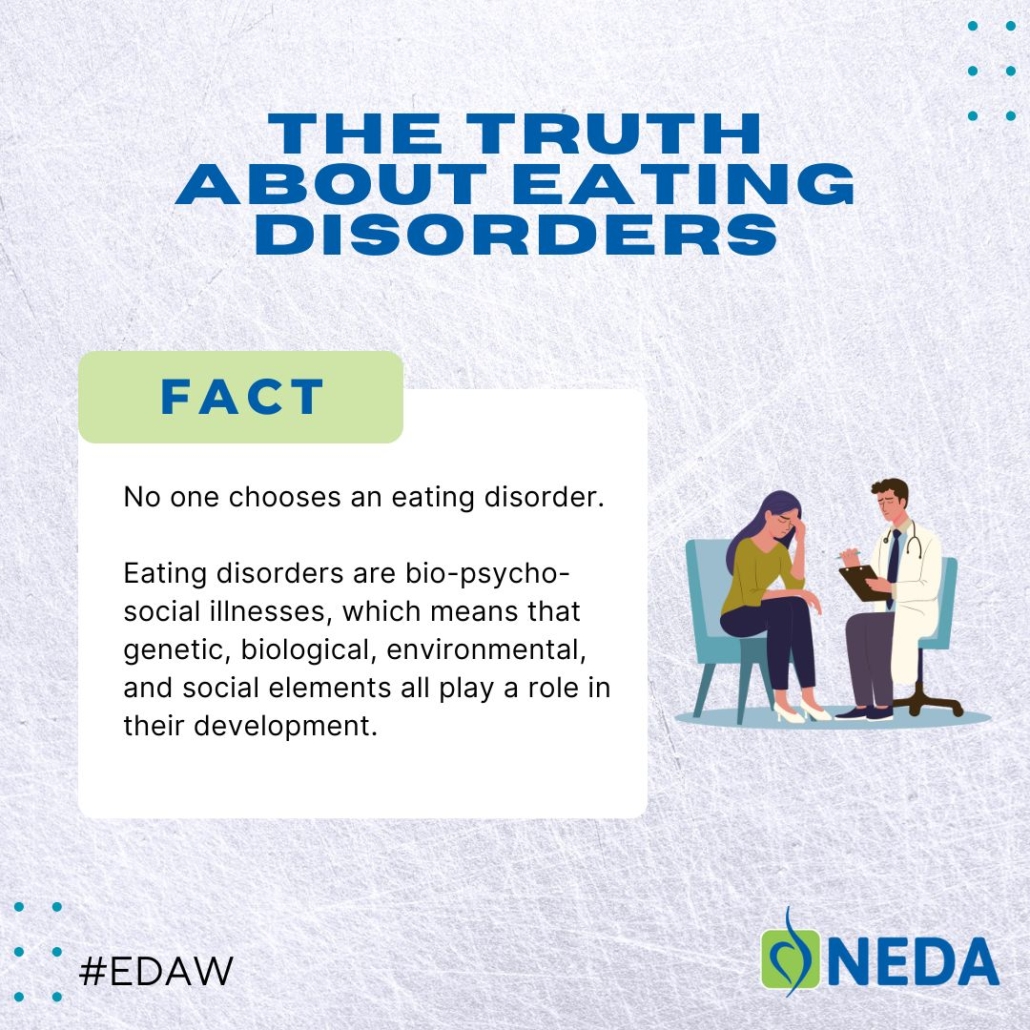
- Eating Well After 50: 5 Ways to Make Healthy Food Choices
- Eating for Energy: Foods That Fight Fatigue
- Experts Answer Your Menopause Questions In New Video
- Fighting Hot Flashes With Diet
- Five Dietary Tweaks for Women Over 50: From Two Food Experts
- Flaxseed: A Little Seed With Big Health Benefits
- Food Diary – How To Keep Track of What You Eat
- Foodmoodcentre.com.au [Food & Mood Centre, Australia]
- Foods To Ease Your Chronic Pain
- Foods for Menopause
- Healthy Diet
- Healthy Eating Tips
- Healthy Eating When Trying To Lose Weight
- Healthy Recipes [MedlinePlus, United States]
- Heart Health for Women
- Hormones, Nutrition and Metabolism In Menopause
- Hot Flushes, Night Sweats, Brain Fog? Here’s What We Know About Phytoestrogens for Menopausal Symptoms: What Does the Evidence Say?
- How Can Food Influence the Severity of Menopausal Hot Flashes?
- How Much Protein Do You Really Need During Menopause? Dietitians Explain
- How To Follow A Mediterranean Diet
- How To Get Rid of Bloating: Tips for Relief
- How To Talk To Your Doctor About Menopause

- IMS Interview Series for Women: Lifestyle Medicine With Prof. Rossella Nappi | For Women
- Important Nutrients At Different Life Stages
- Is 1,200 Calories A Day Healthy? Advice and Sample Menus
- Is Intermittent Fasting Right for Me?
- Keto and Menopause: Does It Help?
- Limiting Soft Drinks and Red Meat May Help Women In Menopause: Research
- Looking After Yourself Around the Time of Menopause
- Looking To Stay Fuller, Longer? Try These Healthy, Filling Foods
- Low FODMAP Diet
- Low FODMAP Diet
- Maximize Memory Function With A Nutrient-Rich Diet
- Mayo Clinic Minute: Can the MIND Diet Improve Brain Health? [+ Video]
- Mayo Clinic Minute: Combating Weight Gain During Menopause [+ Video Courtesy: Mayo Clinic News Network]
- Mayo Clinic Minute: Why Skipping Breakfast Can Be Bad for Your Heart [+ Video Courtesy: Mayo Clinic News Network]
- Mayo Clinic Q and A: Food To Reduce Bloating
- Mediterranean Diet
- Menopause Diet: Foods To Support Changing Hormone Levels
- Menopause Diet: How What You Eat Affects Your Symptoms
- Menopause Diet: What To Eat To Help Manage Symptoms
- Menopause and Your Diet: Foods To Choose and Avoid
- Menopause: Does Diet Play A Part? | Dr Sarah Berry
- Midlife Weight Gain
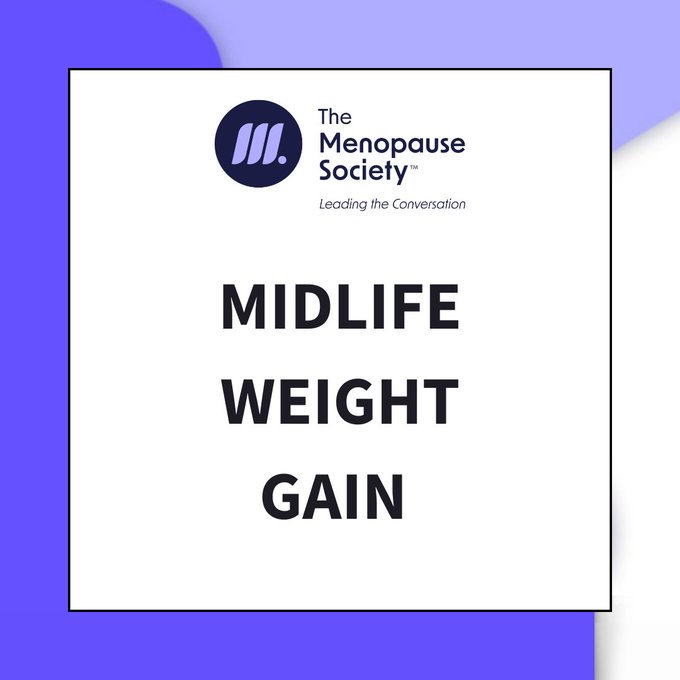
- National Center for Complementary and Integrative Health: Antioxidants: In Depth
- National Center for Complementary and Integrative Health: Herbs At A Glance
- New Study Reveals Why Diet Is Vital for A Healthy Menopause [Semmelweis University, Budapest, Hungary]
- Nutrition Essentials | Can Adjusting Your Diet Ease Menopause Symptoms?
- Nutrition Essentials: Can Adjusting Your Diet Ease Menopause Symptoms? With Lynn Pattimakiel [Podcast]
- Nutrition and Gut Health In Menopause | Dr Louise Newson
- Nutrition and Healthy Eating: In-Depth – Alcohol Use: Weighing Risks and Benefits
- Nutrition and Healthy Living
- Nutrition and Menopause
- Omega-3 Foods: Incorporating Healthy Fats Into Your Diet
- On Nutrition
- Optimal Dietary Patterns for Healthy Aging
- Power Up: 10 Ways To Boost Your Energy Naturally
- Resources: Fact Sheets – Healthy Eating [Multiply Languages]

- Resources: Infographics

- Soya, Nuts and Yoghurt: The Diet Tweaks That Can Ease the Symptoms of Menopause
- Supplements: What Works, What Doesn’t and the Truth About Menowashing
- The Best Collagen-Rich Foods
- The Importance of Nutrition In Menopause and Perimenopause—A Review [21 December 2023] [Semmelweis University, Budapest, Hungary]
- The Link Between Nutrition and Menopause
- These 3 Things Are Proven To Help Menopause
- Tips for Healthy Eating for A Healthy Weight
- Videos & Podcasts: Videos – Interviews: Metabolic Syndrome In Midlife Women
- Webinars: Lifestyle Medicine
- Webinars: The Microbiome and Nutrition In Midlife Women
- What Goes Into A Mediterranean Diet, and How To Get Started
- What To Eat When You Have Hot Flashes
- Women Who Follow Mediterranean Diet Live Longer
- World Menopause Day 2025 [18 October]
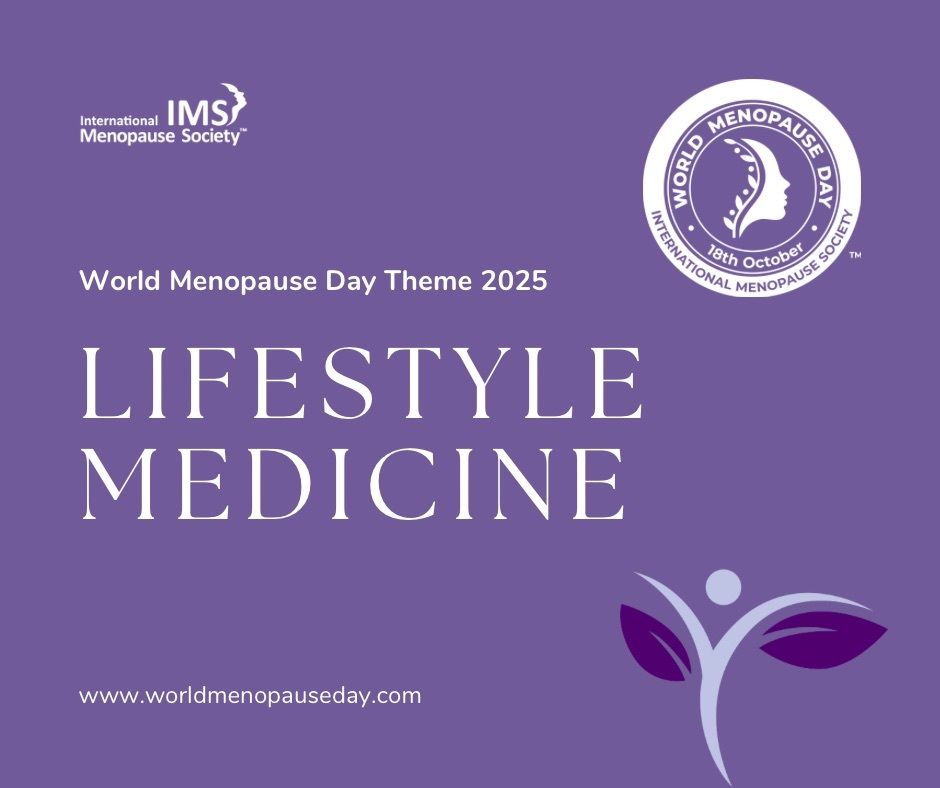
Sources
Where may I find the Sources quoted?
You may find the Sources quoted at:
Sources
- Palladino, A. Menopause Diet: How What You Eat Affects Your Symptoms – Key Takeaways. Published: 01 July 2025. https://www.healthline.com/nutrition/menopause-diet Accessed: 29 January 2026
- Palladino, A. Menopause Diet: How What You Eat Affects Your Symptoms – Key Takeaways. Published: 01 July 2025. https://www.healthline.com/nutrition/menopause-diet Accessed: 29 January 2026
- Palladino, A. Menopause Diet: How What You Eat Affects Your Symptoms – Key Takeaways. Published: 01 July 2025. https://www.healthline.com/nutrition/menopause-diet Accessed: 29 January 2026
- Forma, E., Urbańska, K and Bryś, M. Menopause Hot Flashes and Molecular Mechanisms Modulated by Food-Derived Nutrients: 1. Introduction. Published 28 February 2024 https://www.mdpi.com/2072-6643/16/5/655 Accessed: 29 January 2026
- Erdélyi, A. New Study Reveals Why Diet Is Vital for A Healthy Menopause. 24 February 2024 https://semmelweis.hu/english/2024/02/new-study-reveals-why-diet-is-vital-for-a-healthy-menopause/ Accessed: 29 January 2026
- Erdélyi, A.New Study Reveals Why Diet Is Vital for A Healthy Menopause. 24 February 2024 https://semmelweis.hu/english/2024/02/new-study-reveals-why-diet-is-vital-for-a-healthy-menopause/ Accessed: 29 January 2026
- Gurvich, C., Varney, J., and Kulkarni, J. Hot flushes, Night Sweats, Brain Fog? Here’s What We Know About Phytoestrogens for Menopausal Symptoms: What Does the Evidence Say? Published: 05 June 2023 https://theconversation.com/hot-flushes-night-sweats-brain-fog-heres-what-we-know-about-phytoestrogens-for-menopausal-symptoms-204801 Accessed: 29 January 2026
- Nutrition and Healthy Eating: Basics – Nutrition Basics. 21 November 2023. Mayo Clinic https://www.mayoclinic.org/healthy-lifestyle/nutrition-and-healthy-eating/basics/nutrition-basics/hlv-20049477 Accessed: 29 January 2026







